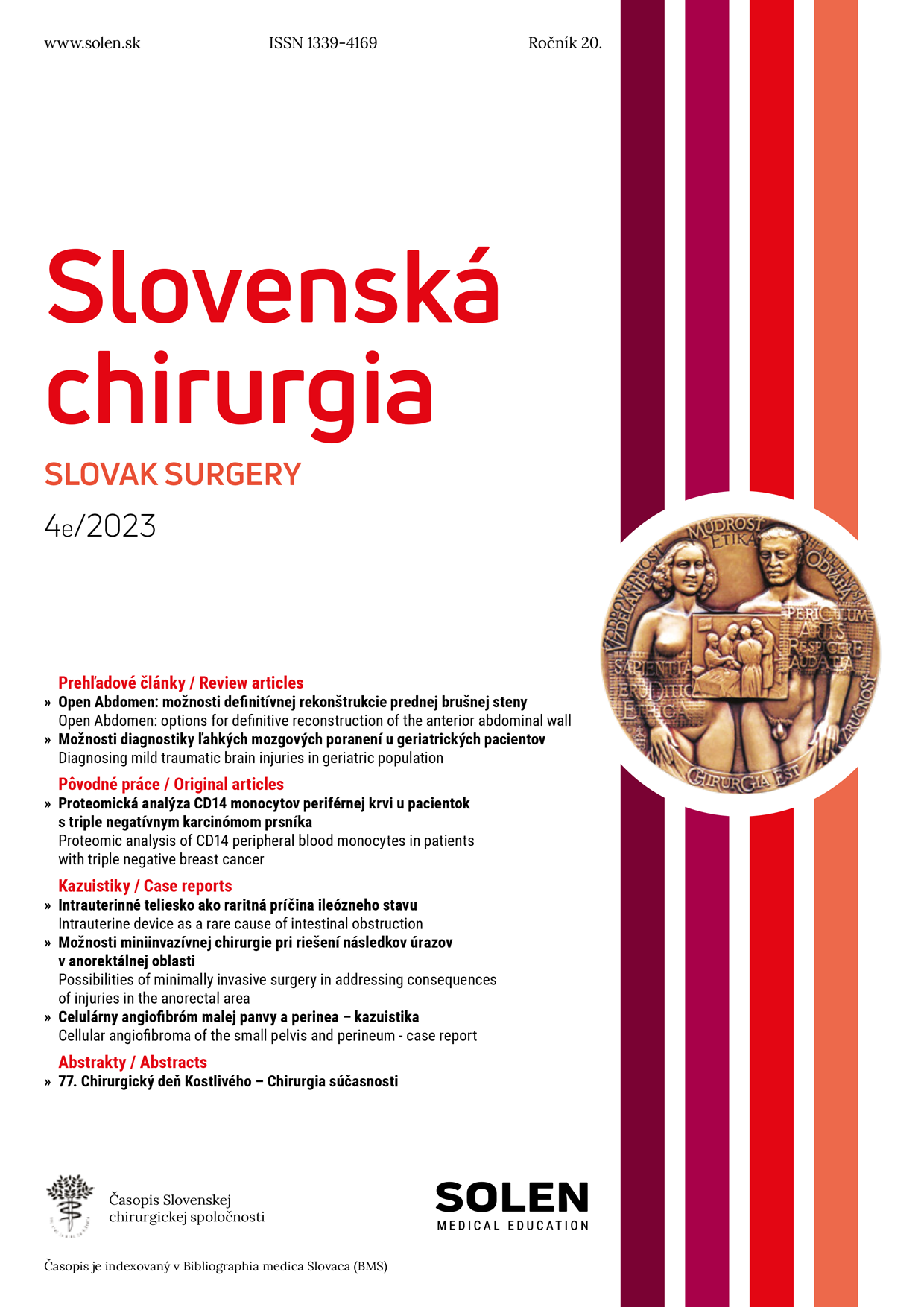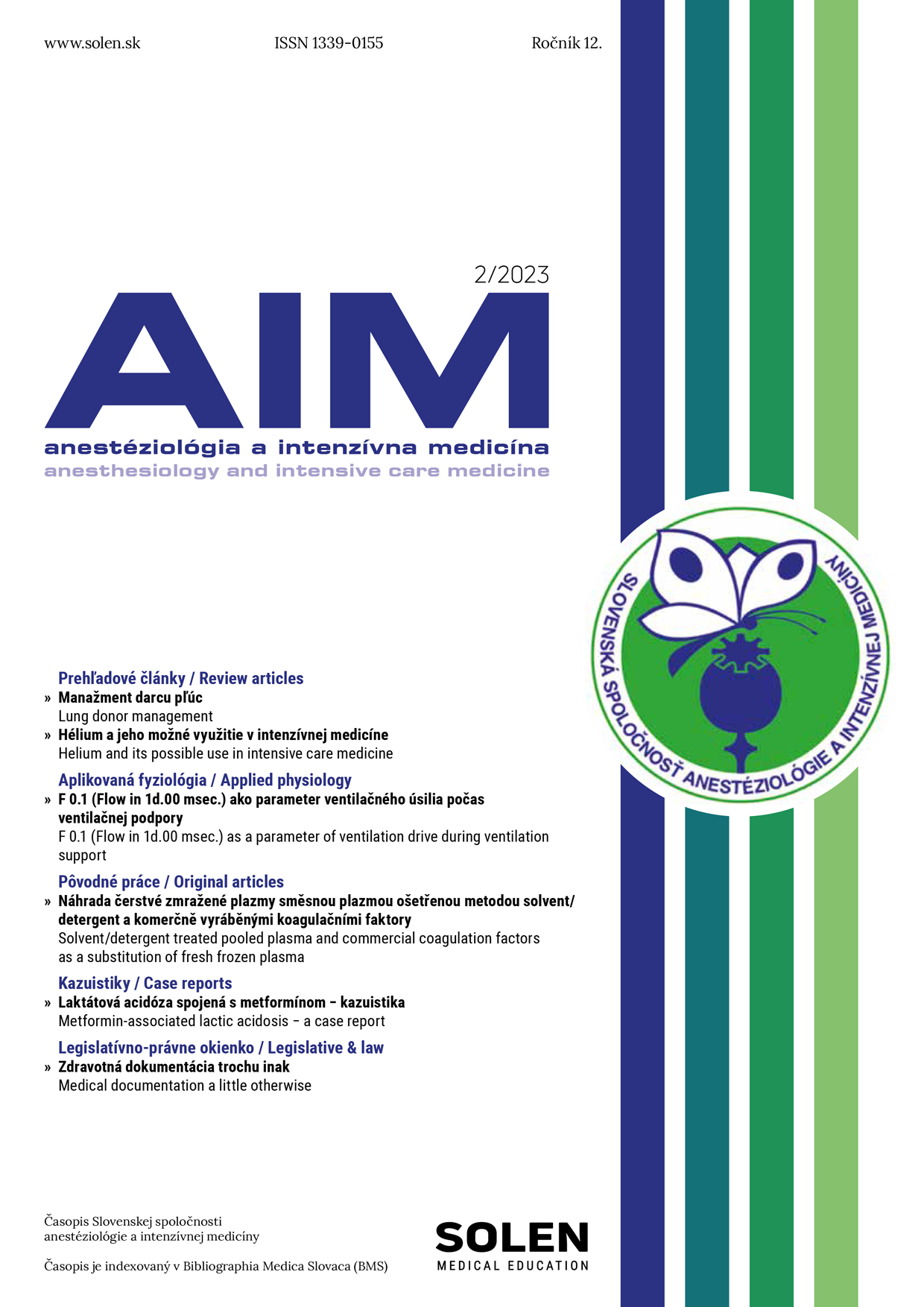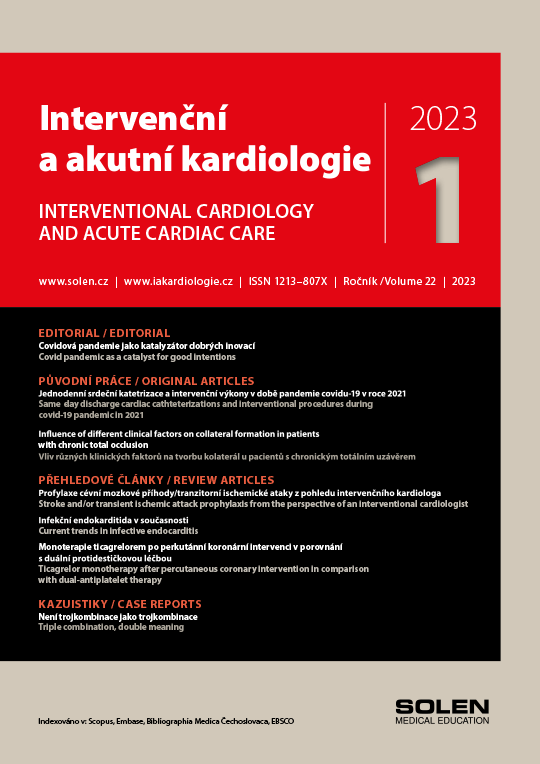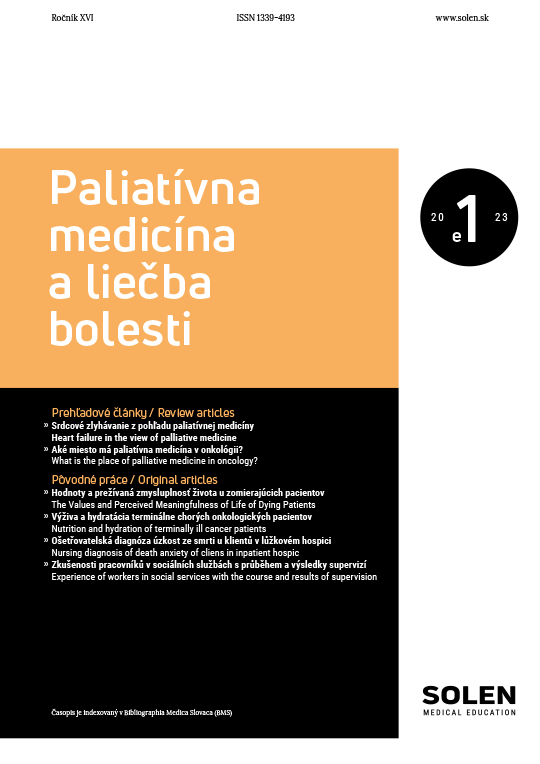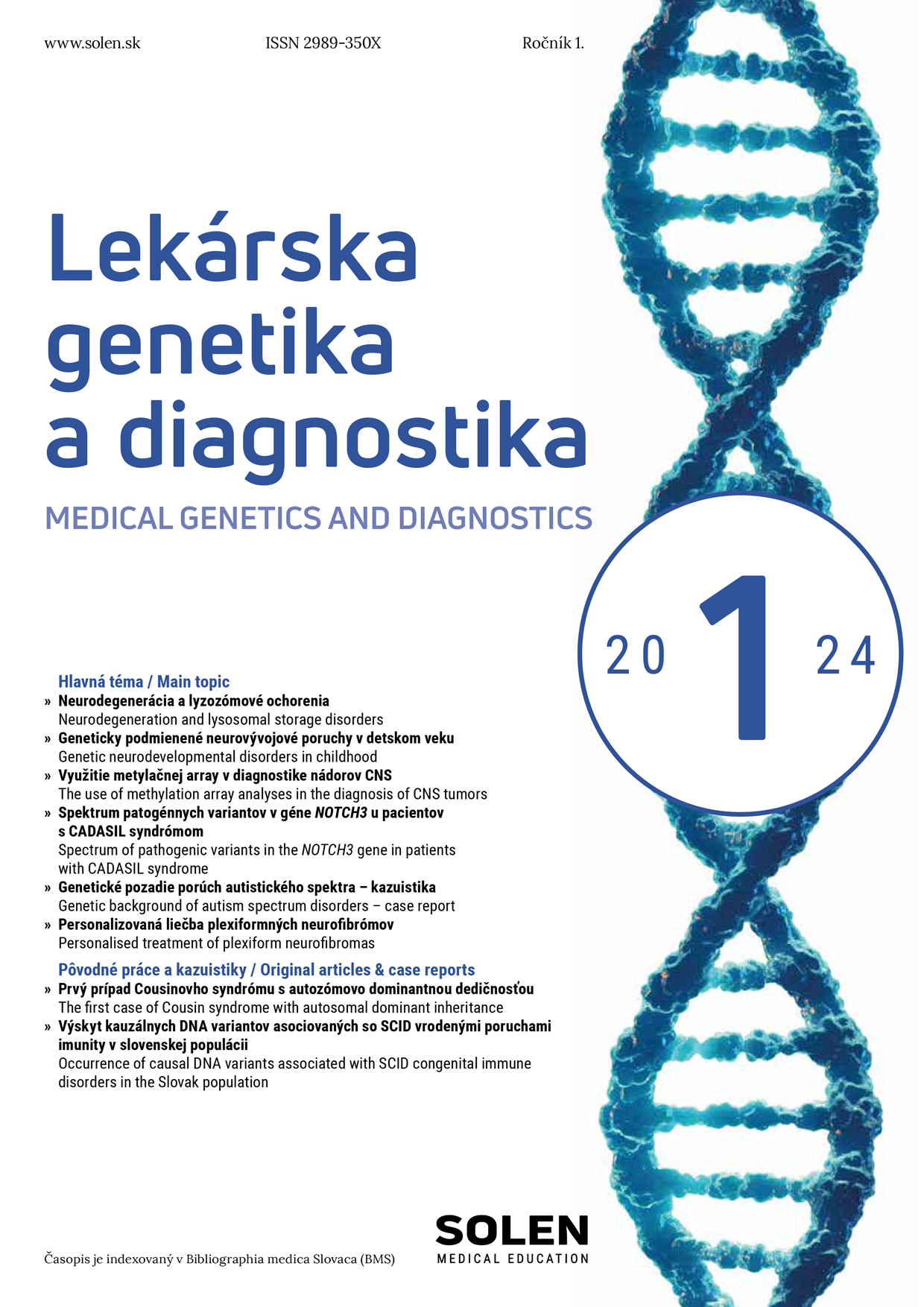Neurológia pre prax 2/2011
Porucha chování a nálady u demencí
MUDr. Pavel Ressner, Ph.D., MUDr. Petra Bártová, Ph.D., Mgr. Petr Nilius, Mgr. Dagmar Beránková, Mgr. Petra Szajterová, MUDr. Michal Bar, Ph.D., doc. MUDr. David Školoudík, Ph.D.
Demence je způsobena podle různých pramenů přibližně v 50–60 % Alzheimerovou demencí, v 10 % vaskulární demencí a v 15–20 % demencí s Lewyho tělísky. Vedle těchto neléčitelných nebo jen obtížně léčitelných onemocnění existují i etiologie demencí, které jsou reverzibilní a tvoří asi 10 % demencí. Kognitivní porucha je u všech etiologií demencí hlavní příznak, ale riziko institucionalizace pacienta je spíše závislé na tíži nekognitvních poruch u syndromů demence, tedy behaviorálních a psychologických poruch u demencí (BPSD). BPSD jsou velmi zatěžující pro pečovatele a jejich nedostatečná léčba zvyšuje pravděpodobnost selhání pečovatele a celého zázemí pacienta. Článek podává přehledný popis symptomů BPSD, metod vyšetření nekognitivních poruch a způsobů léčby. Text si klade za cíl být praktickým průvodcem pro lékaře, který pečuje o pacienty s demencí a nastiňuje oblasti a témata, na které bychom při péči o tyto pacienty neměli zapomínat.
Kľúčové slová: demence, behaviorální poruchy, psychologické poruchy, Alzheimerova nemoc, léčba demence.
Mood and behaviour disorder in dementias
According to various sources in the literature, dementia is caused by Alzheimer’s dementia in approximately 50–60 %, vascular dementia in 10 % and dementia with Lewy bodies in 15–20 %. In addition to these untreatable or difficult-to-treat conditions, there are causes of dementias which are reversible and these account for about 10 % of dementias. Cognitive disorder is the main symptom in all aetiologies of dementias; however, the risk of patient institutionalization is rather dependent on the severity of noncognitive disorders in dementia syndromes, i. e. behavioural and psychological symptoms in dementia (BPSD). BPSD represent a major burden for caregivers and inadequate BPSD treatment increases the likelihood of failure of the caregiver and of the entire background of the patient. The article presents an overview of BPSD, the methods of examining noncognitive disorders and the treatment options. It aims to be a practical guide for the physician caring for patients with dementia and outlines the topics and aspects that should be remembered when caring for these patients.
Keywords: dementia, behavioural disorder, mental disorder, Alzheimer’s disease, dementia treatment.


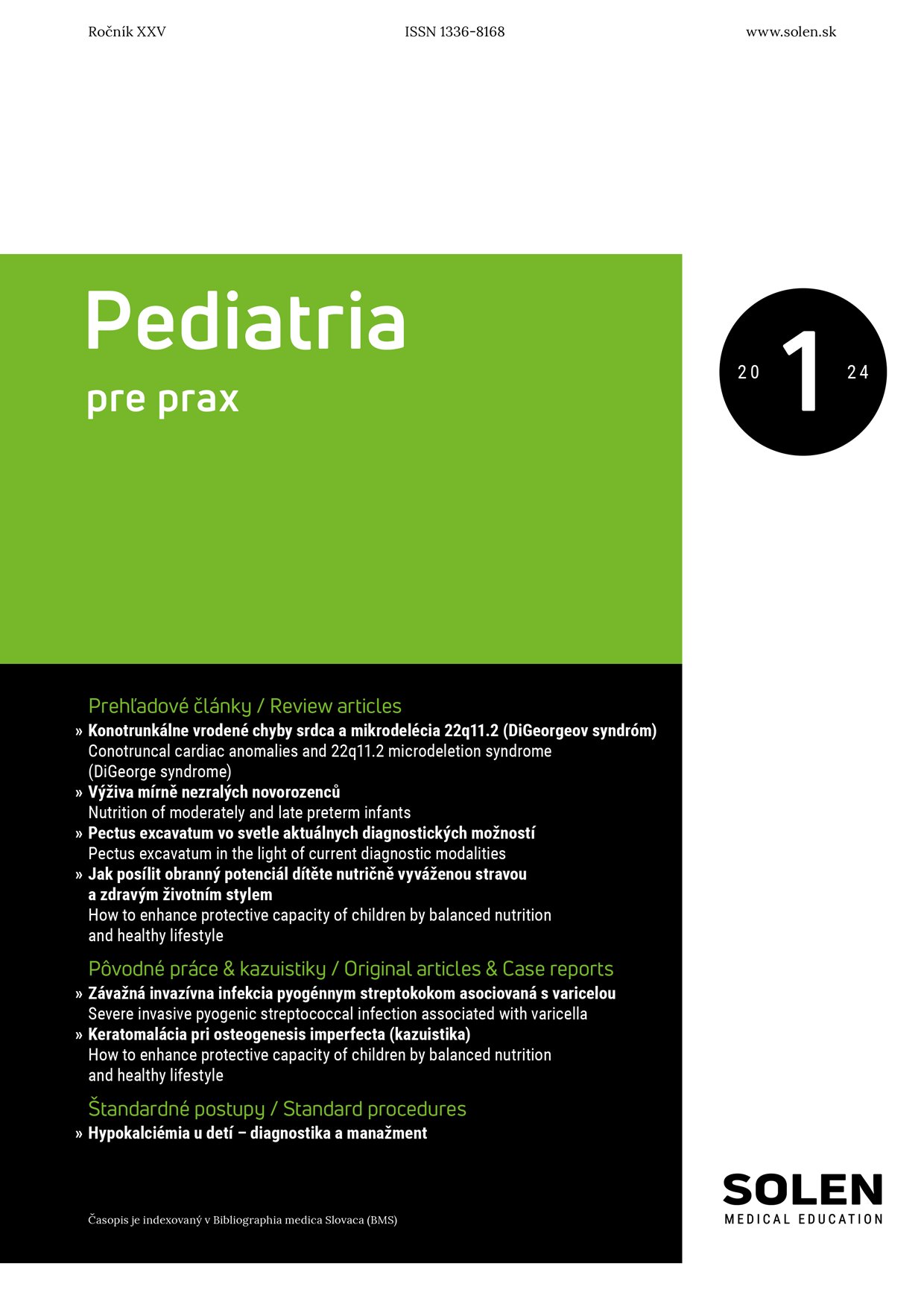
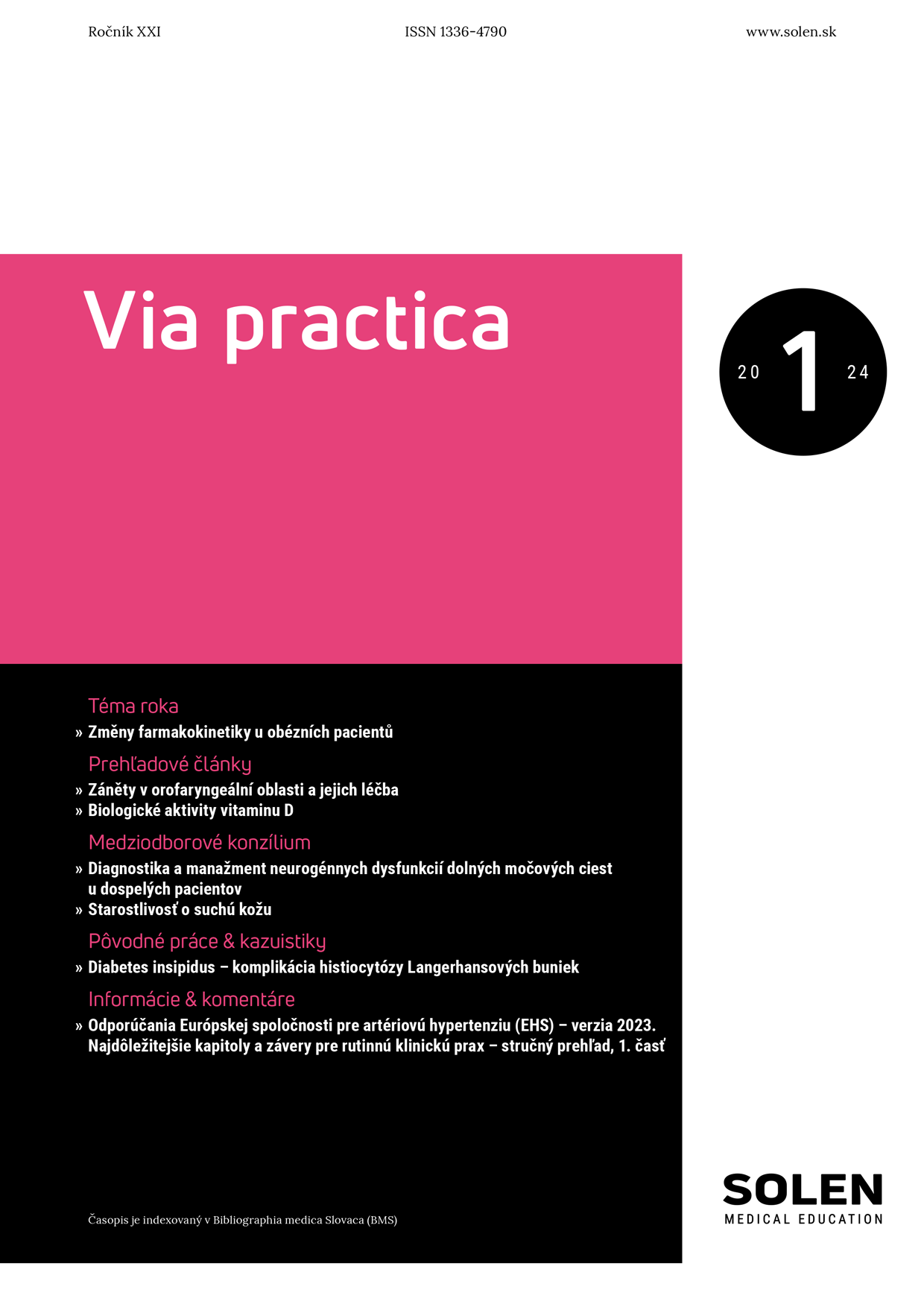
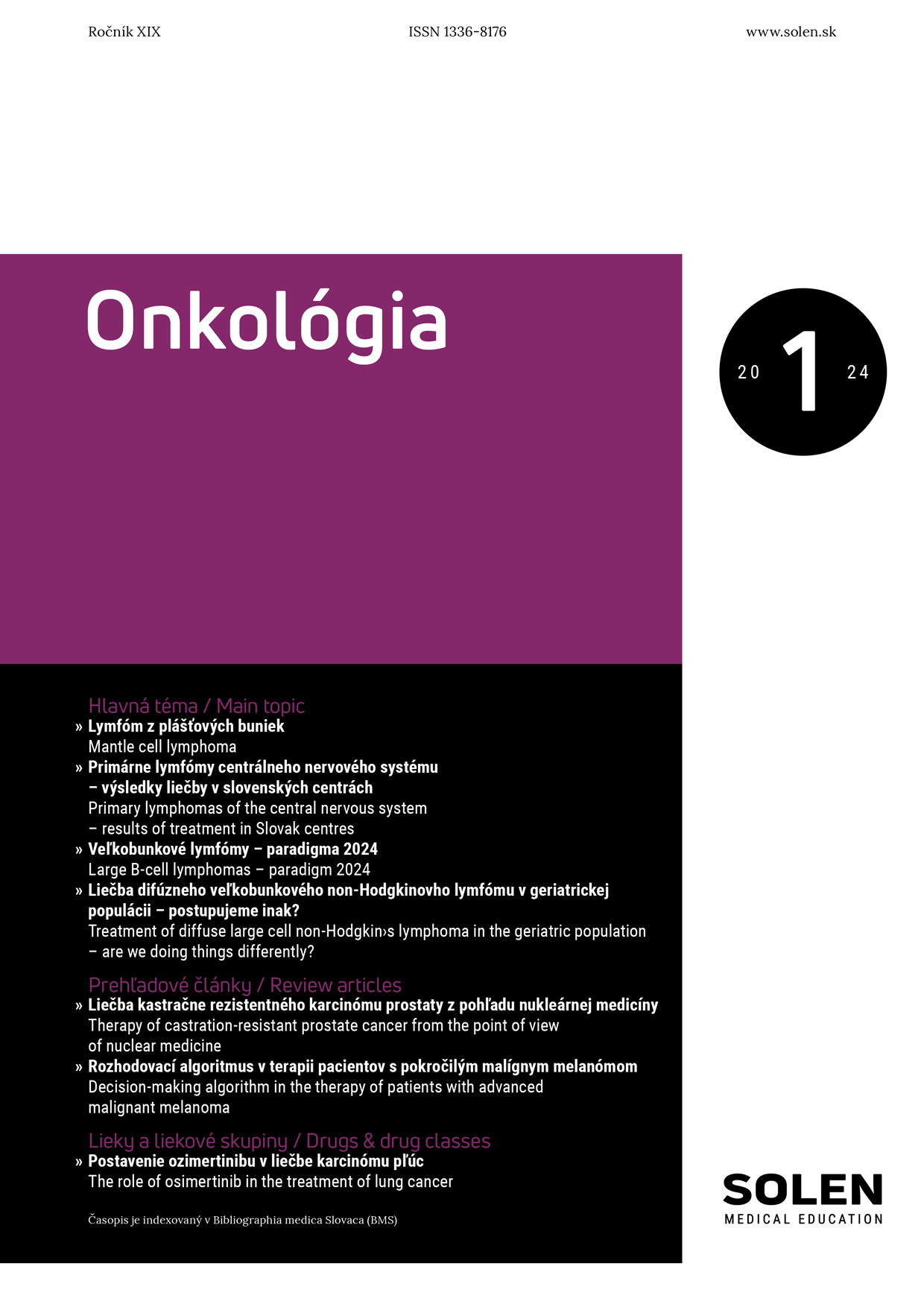
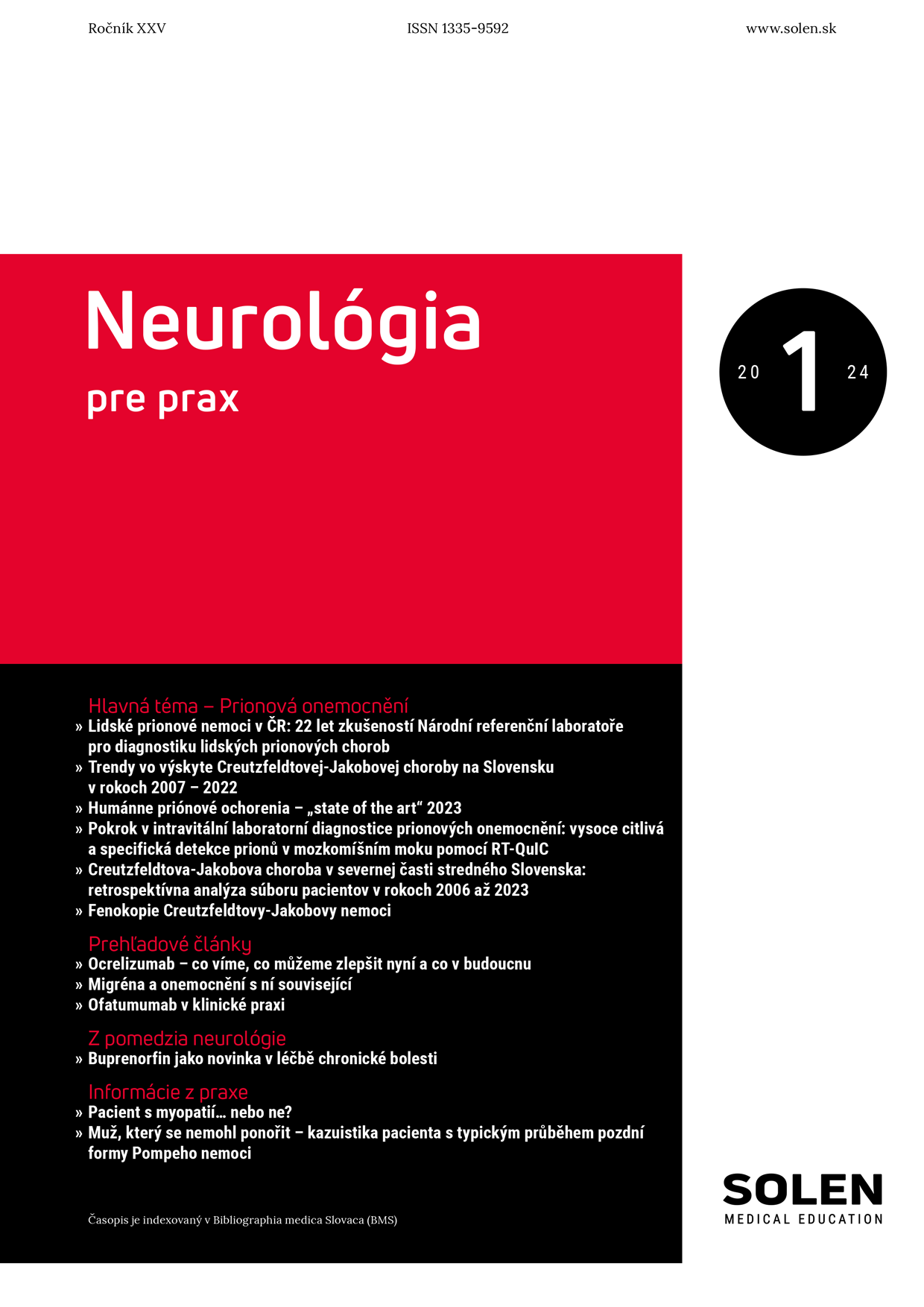
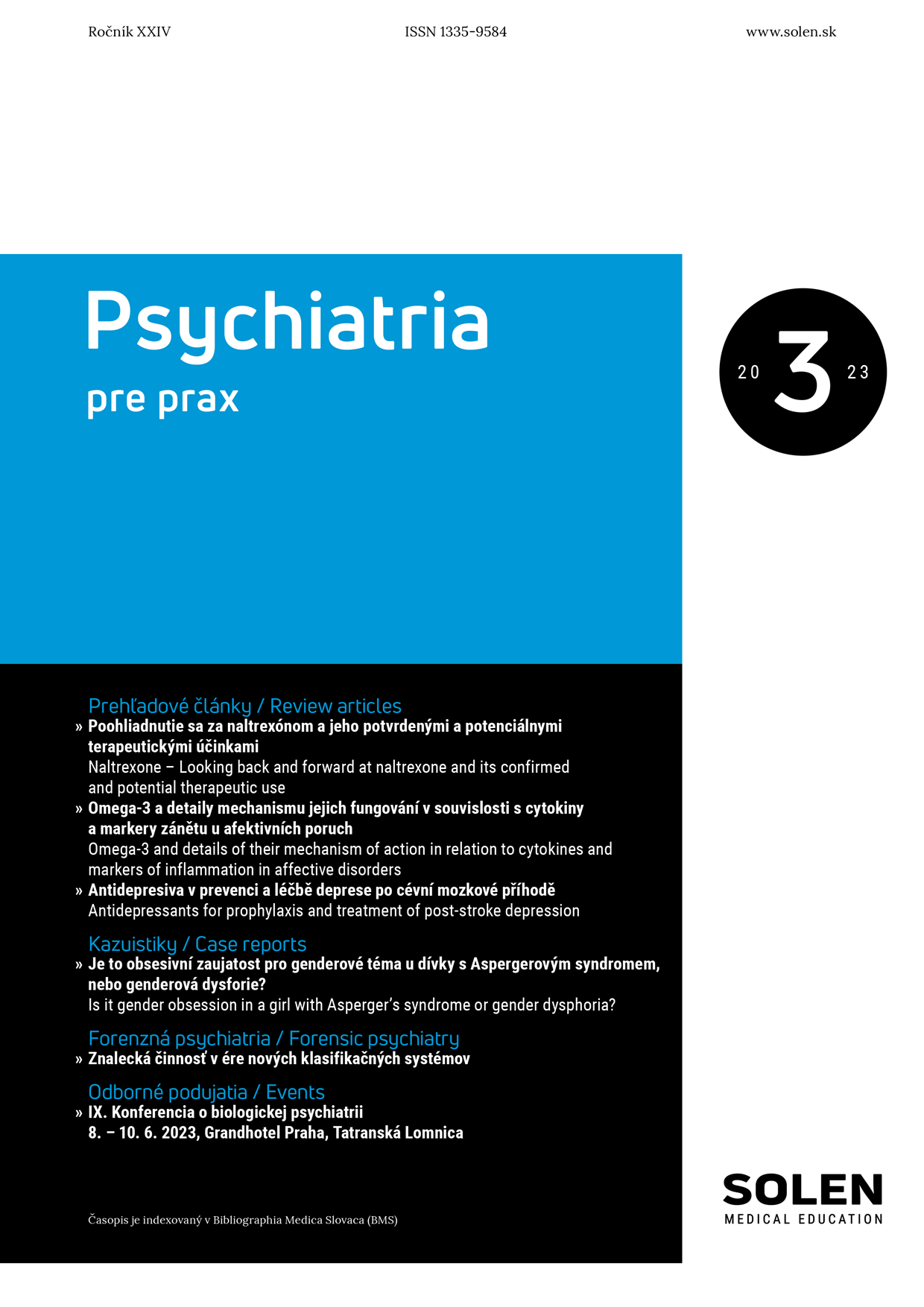
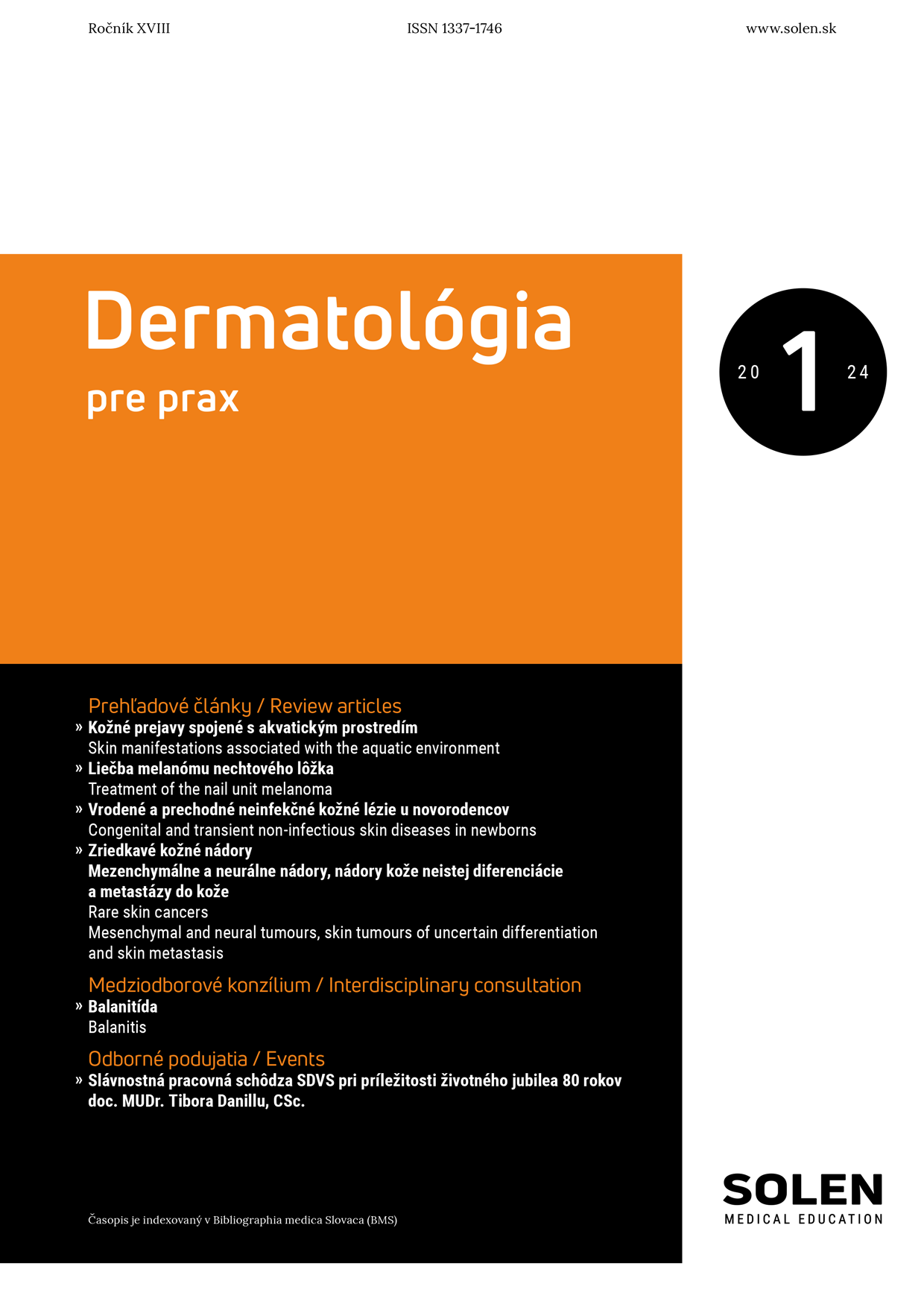
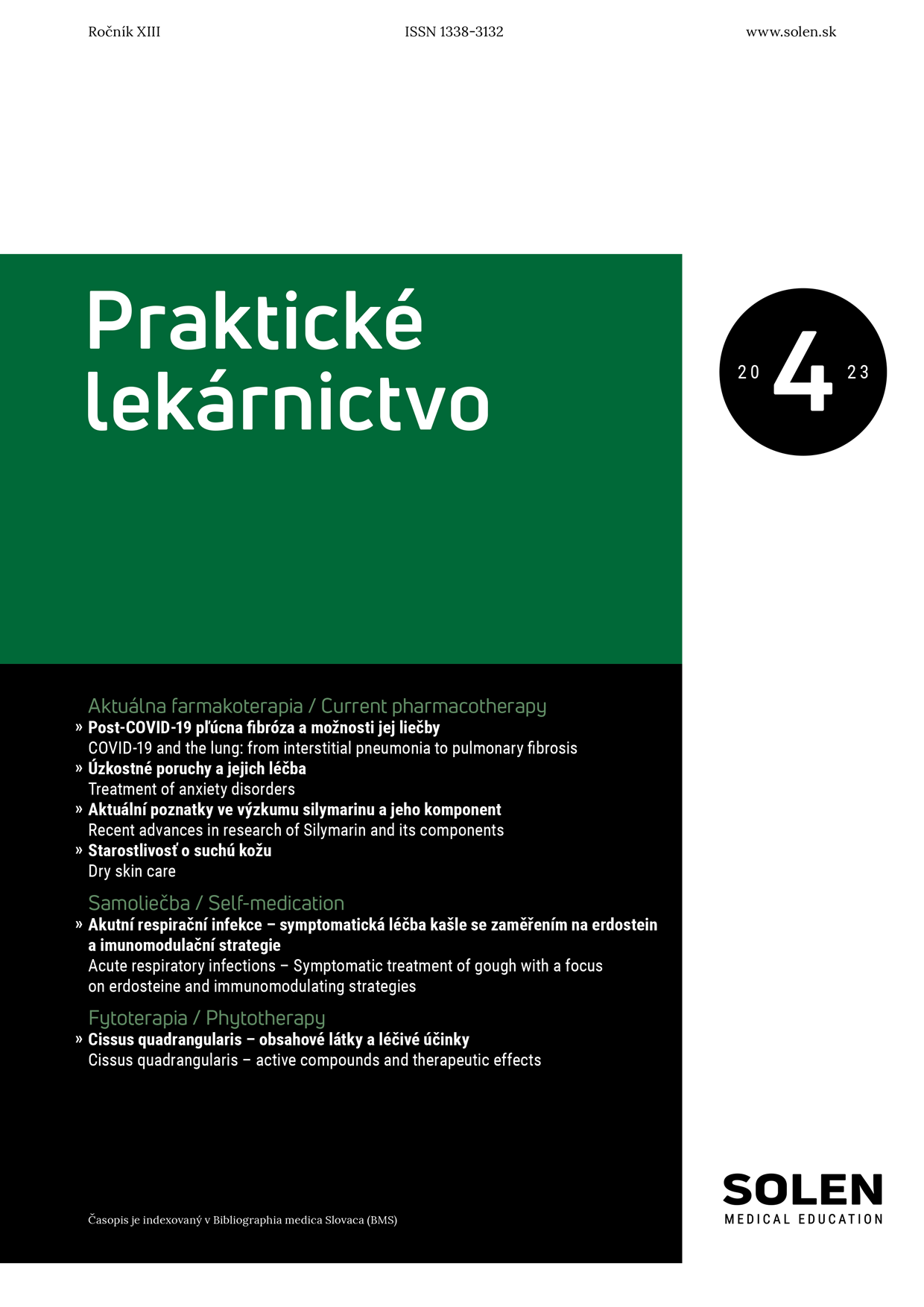
-1.png)
